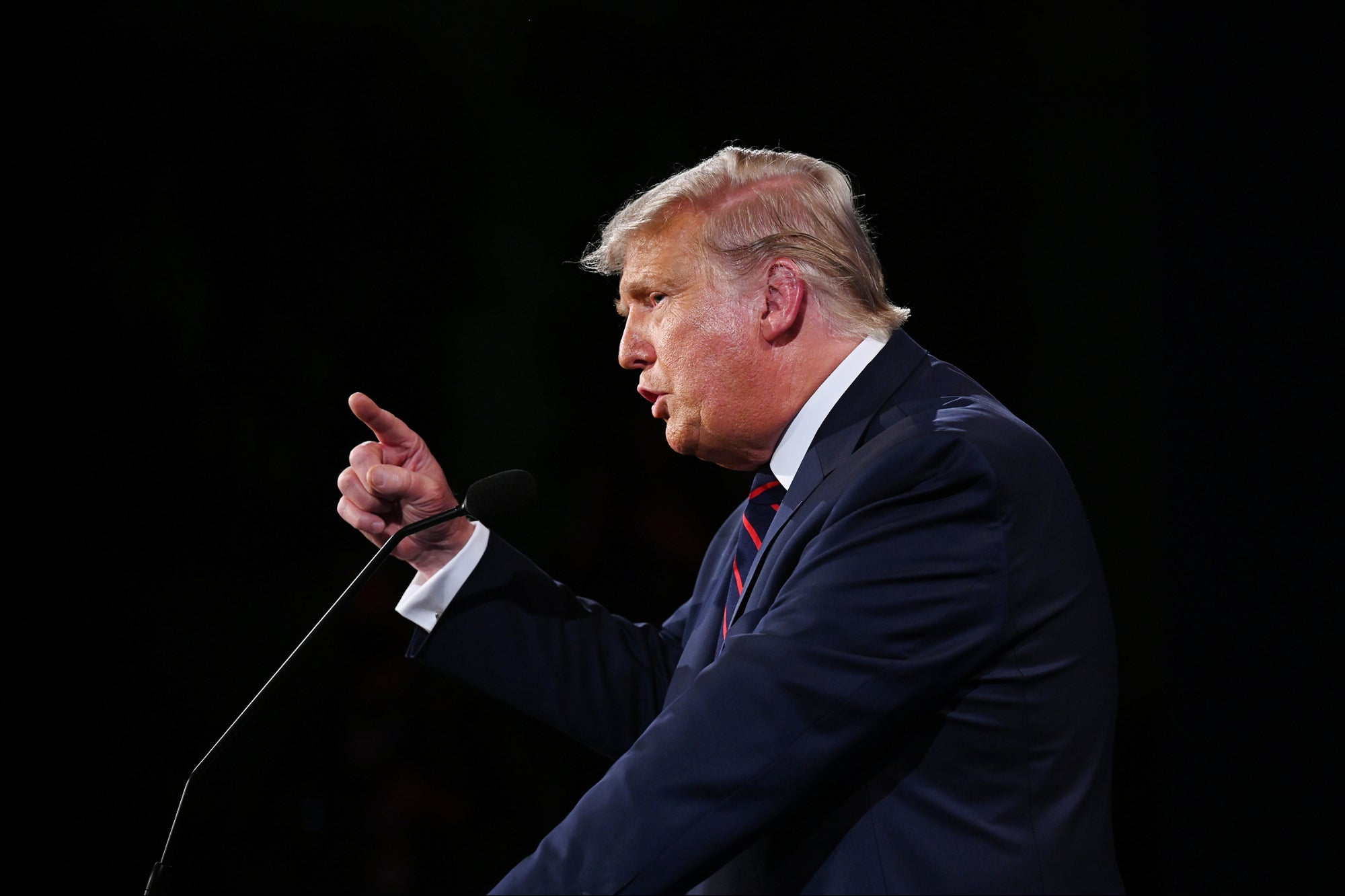4 Ways You Can Reduce Your Taxes Like President Trump You don't have to make millions to eliminate taxes.
By Tom Wheelwright Edited by Dan Bova
Opinions expressed by Entrepreneur contributors are their own.

As someone who wrote the book on how to legally reduce your taxes, it didn't surprise me to see that President Donald Trump has allegedly paid little to no income tax over the last decade. The tax law is written to benefit producers like business owners and investors because those specific activities spur economic growth. Trump is a major producer with multiple businesses and real estate investments. Here are four methods the president likely utilized to reduce his taxes that you can use as well.
Depreciation
The biggest tax incentive for real estate investors is depreciation. Depreciation is deducting the cost of a physical asset over its useful life. While many countries allow depreciation only on new property, the U.S. allows us to use this benefit on used property, too. For example, if President Trump were to spend $100,000 on a property and it depreciates over 40 years, that means $2,500 a year is a deduction. However, it's likely that he didn't pay the full amount with his own money. Similar to when you purchase a house, you don't pay the entire amount with your own money. You might pay 20% and the bank would then pay the remaining 80%. When this happens in business, the tax law is written to provide the investor the full deduction amount while the bank receives none. In addition, tax laws don't make you take 40 years to fully depreciate real estate. Typically, 30% of the building is deducted over 5 to 10 years, so if you keep investing, you keep getting new depreciation. Since the 2017 TCJA, that same 30% can be deducted immediately.
Related: 5 Legal Deductions for Entrepreneurs With the New Tax Law's "Consumption" Approach
Carrybacks
According to The New York Times, President Trump filed a refund claim and was able to carryback losses from his golf courses to tax years when he was making a lot of money from The Apprentice. While this benefit went away with the TCJA, the CARES Act revived it and one can now carryback losses from 2018, 2019 or 2020 for up to five years. So, you can go as far back as 2013, 2014 and 2015 and claim a refund.
Tax credits
Tax credits lower the amount of money you owe the IRS, and the real estate industry provides a few different credits to investors. The Low-Income Housing Tax Credit is a dollar-for-dollar credit against the federal income tax liability of the owner and is claimed in equal amounts for 10 years. Historic renovation credits (likely used by Trump) can also be substantial.
Related: 7 Tax Breaks for Startup Entrepreneurs to Take Advantage of
Business deductions
When you're an entrepreneur, you can write off nearly every dollar you spend on your business. Whether it's dinner, traveling or a car, there is a way for it to be legally deducted. As discussed, the government rewards those who create economic growth, so that's why business owners like the president can write-off things like haircuts for his TV show and employees can't. Work with your CPA to determine what deductions you can maximize and do so in a way that is in accordance with the tax law.
Related: 75 Items You May Be Able to Deduct From Your Taxes
Is it possible President Trump paid little to no taxes legally? The answer is... yes. Whether you're in real estate, business, agriculture or energy there are big deductions that can drastically reduce your taxes. The tax law is fair in the sense that anyone can do this. You don't have to make millions to eliminate taxes, you just need to make money in the way the government rewards.









